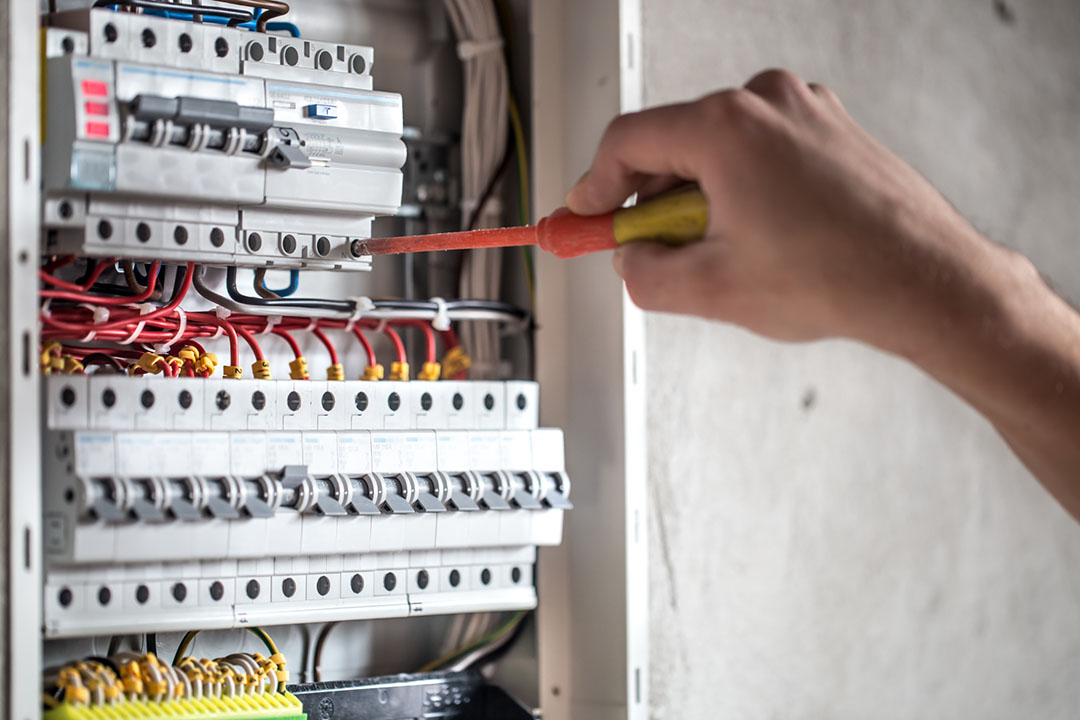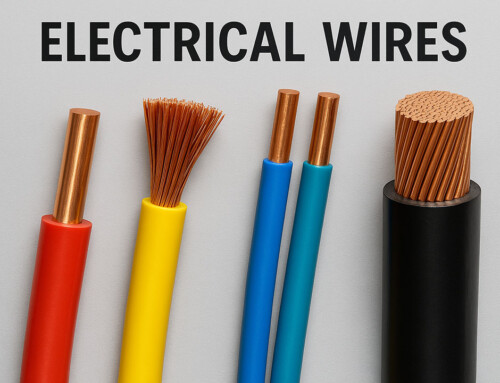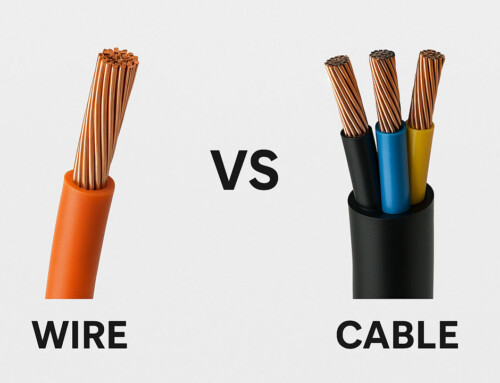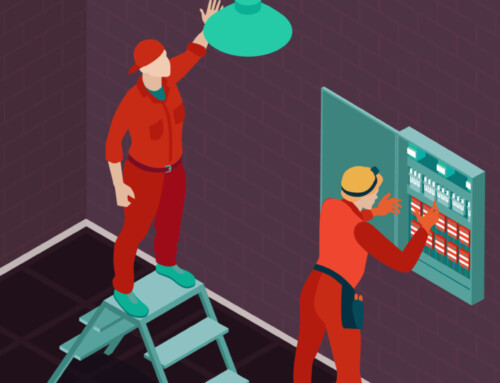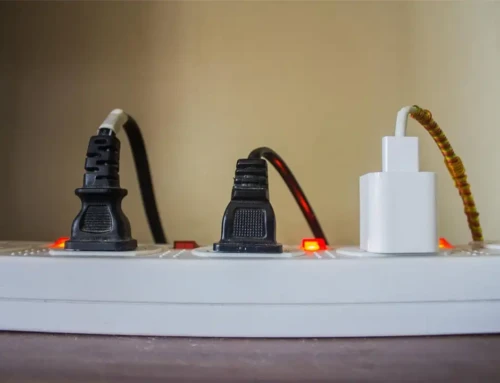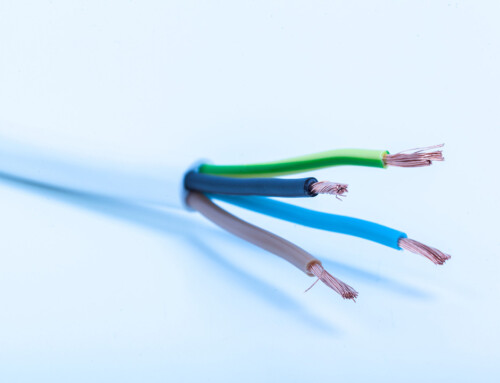Table of Contents
In modern society, where electricity powers your daily life, the dependency on electrical systems is inevitable. The electrical panel is a crucial component of this system. As the nerve center of your home’s electrical system, it is vital to ensure that energy flows properly to all your devices.
Are you aware of when it is time to upgrade the electrical panel? Don’t worry if your answer is a “no”. Many homeowners don’t know about it. So, this blog post is here to inform you regarding the indicators that an upgrade is required, the benefits of upgrading the electrical panel, its procedure, and the associated costs.
By the conclusion, you’ll have knowledge that can significantly improve your home’s electrical safety and efficiency.
When do you need to upgrade the electrical panel?
Recognizing the need for an electrical panel replacement is critical for all homeowners. Here are some of the most common indications to look for:
- Frequent Tripping of Breakers: If you find yourself resetting circuit breakers several times per week, it could indicate that your panel is overloaded or unable to handle the current demand.
- Living in an Older Home: Older homes often have obsolete electrical panels. If your home is over 30 years old and has never been upgraded, it’s time to schedule an examination. Older panels may not be able to support contemporary appliances and electronics.
- Periodic Surging of Electricity: Frequent power surges can cause damage to electronics and appliances. Also, these electricity surges can indicate that your electrical panel is deteriorating or that it is unable to distribute electricity evenly throughout your home.
- Fading and Flashing Lights: Fading or Flickering lights , particularly when you turn on appliances, may indicate an issue with your electrical panel. This could be a sign of an insufficient power supply or a failing panel.
- Needing a Renovation: If you are planning a makeover that includes new appliances, rooms, or technologies, your current electrical panel may not be able to handle the increased demand. Upgrading your electrical panel guarantees that your home can properly handle these changes.
- Undergoing Compliance: In rare circumstances, local standards and regulations may necessitate an upgrade for safety. If you are confused about your local codes, contacting a professional electrician can help clarify your responsibilities.
Benefits of Upgrading Electrical Panels
Investing in an electrical panel overhaul offers various benefits beyond compliance. Such as:-
- Safety Assurance: Knowing that your electrical system can meet your household’s power requirements provides peace of mind. An improved panel lowers the risk of electrical fires and other hazards.
- Electrical Stability: Upgraded panels provide a consistent supply of energy, reducing fluctuations that can damage sensitive gadgets and appliances.
- Opportunity to Save Energy: Upgrading your panel can lead to increased energy efficiency, thereby lowering your monthly electricity expenditures. An efficient system can help homes save hundreds of dollars each year.
- Extra Outlets: With an upgraded panel, you may add more outlets, allowing you to power many devices at once without overloading your system.
- Reduction in Your Insurance Bill: Some insurance firms provide lower premiums to homeowners with contemporary electrical systems. An upgraded electrical panel may entitle you to these savings.
Procedure for Upgrading an Electrical Panel
Upgrading your electrical panel may seem onerous, but breaking it down into simple steps makes the task easier.
- Determine Power Requirements: Begin by assessing your present and prospective electricity requirements. Take inventory of all electrical equipment and appliances currently in use, and think about potential additions like electric vehicle chargers or HVAC systems. This assessment helps establish the amperage needed for the new panel, which is usually 100, 150, or 200 amps for most homes.
- Select the Appropriate Panel Size and Type: Based on your power evaluation, choose a panel that can handle your household’s electrical load. Standard panels range from 100 to 200 amps, while bigger homes or those with significant power needs may require 300 or even 400 amp panels.
- Get the Mandatory Permits: Electrical panel improvements require permits to meet local codes and safety norms. Before beginning the update, check with your local building authority or a certified electrician to ensure that all essential permissions are in place.
- Hire a Licensed Electrician: Given the complexities and risks involved in an electrical panel upgrade, employing a qualified electrician is critical. A skilled specialist can guarantee that the installation is safe and meets all code standards. Before installing the new panel, an electrician inspects the current wiring to repair any problems that may arise during the upgrading process.
- Let the Local Authorities Check: Following installation, a local building authority checks the improved panel to ensure that it fulfills safety requirements and codes. This inspection not only provides peace of mind but also confirms that the repair was completed appropriately.
What is the Cost of Upgrading the Electrical Panel?
The price of changing your electrical panel might vary dramatically depending on various factors, including:
- Panel Size and Type
- Labour Costs
- Permits & Inspection Fees
- Extra Modifications
Generally, a thorough electrical panel update, including installation, permits, and inspection, may cost households between $1,500 and $4,000 in total.
If you feel your electrical panel requires an upgrade or want to learn more, contact a registered electrician for a thorough examination. Investing in your home’s electrical system now ensures that you have a safe, efficient, and dependable power supply for years to come.
Remember: knowledge is power! The more you know about your electrical systems, the more prepared you are to handle any problems and take proactive decisions.
Looking to enhance the safety of your home? D&F Liquidators offers a complete range of electrical supplies essential for grounding projects, including wires and outlets.
Frequently Asked Questions (FAQs)
Can I upgrade my electrical panel without rewiring my entire house?
Upgrading your electrical panel without rewiring your entire house is indeed feasible. The decision hinges on the unique conditions of your home, so it’s essential to consult a professional electrician for tailored advice. They can evaluate whether an upgrade can be performed efficiently while maintaining existing wiring systems.
What are possible alternatives to replacing an electrical panel?
If updating your electrical panel appears too difficult or costly, consider installing a sub-panel. This smaller unit connects to your main panel. It allows you to add more circuits to meet growing electrical demands without having to replace the entire system. It’s a cost-effective solution for meeting your power requirements while saving time and resources.
Can I write off the cost of an electrical panel upgrade?
The IRS may not provide direct tax credits for updating your electrical panel. However, there are some indirect benefits to consider. Improving your panel can increase the value of your home and help you qualify for a home improvement tax credit.

